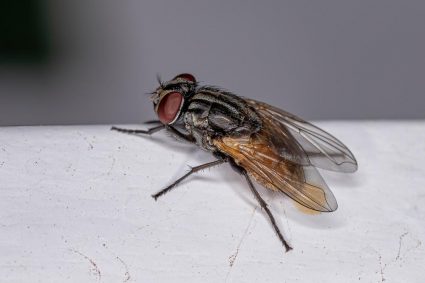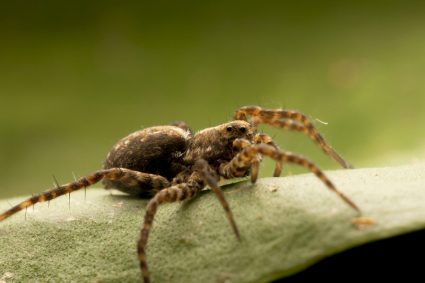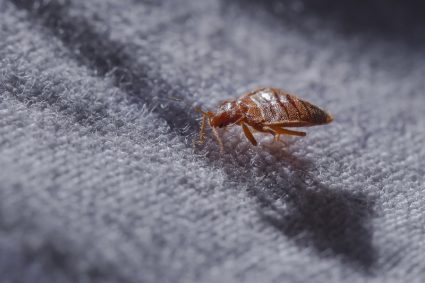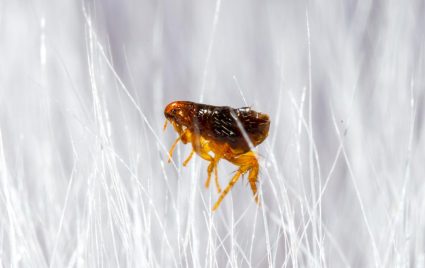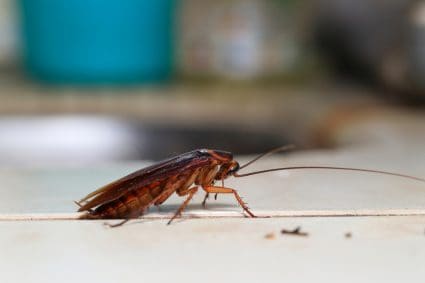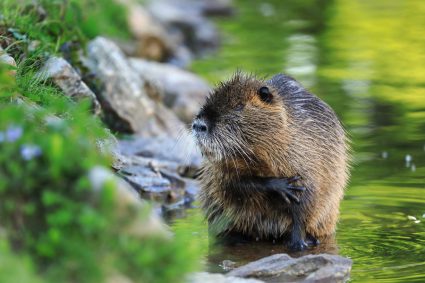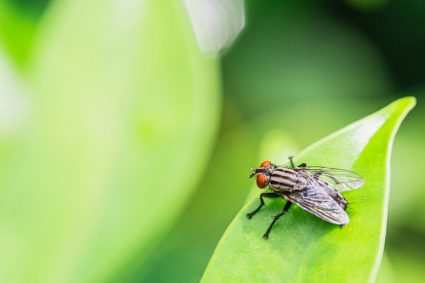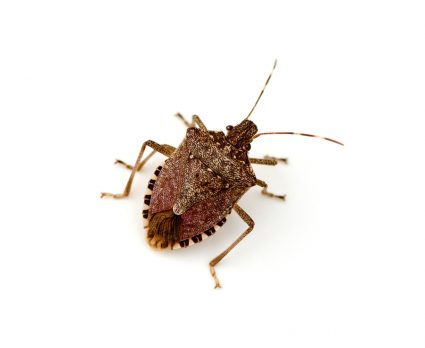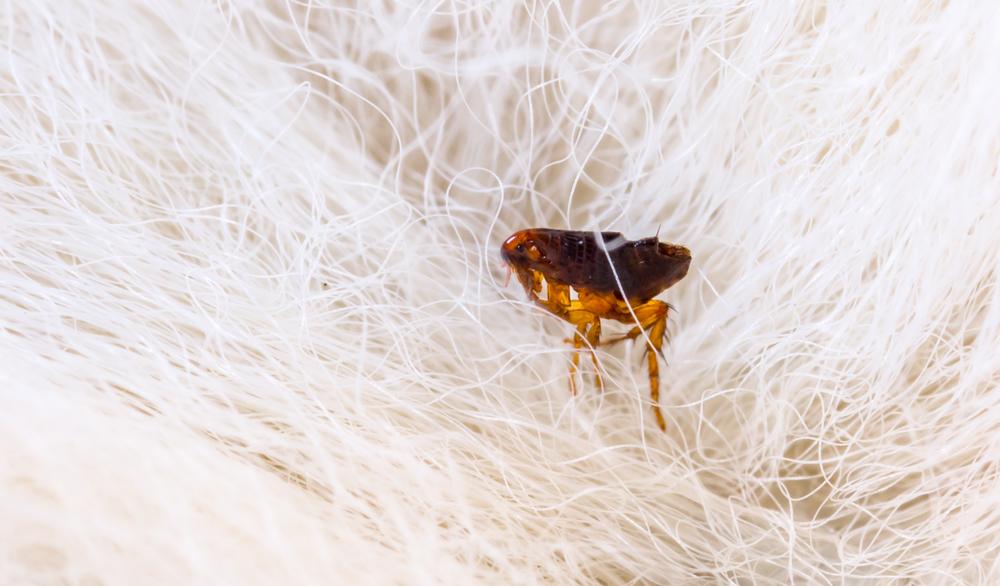
Sheep farming is a rewarding profession, but it also comes with its fair share of challenges. One such challenge is dealing with flea infestations. Fleas are pesky parasites that can cause severe discomfort and health issues in your flock. But don’t worry, there are several effective ways to get rid of fleas on sheep. In this article, we will explore these methods in detail, providing you with a comprehensive guide to tackle this issue.
Getting rid of fleas on sheep involves recognizing the signs of infestation, using chemical treatments like Permethrin spray, Ivermectin, Spinosad, and Diatomaceous Earth, and implementing good management practices. It’s also essential to follow biosecurity measures when introducing new sheep to your flock, consider herbal remedies, and use preventive treatments. If the infestation is severe, seek professional help. Always remember to follow the manufacturer’s instructions when using any product.
Recognizing Flea Infestations
Before we delve into the treatment methods, it’s crucial to recognize the signs of a flea infestation. Here are some common signs:
- Intense itching and scratching
- Hair loss and skin irritation
- Presence of fleas or flea dirt
- Restlessness and discomfort
- Areas of less wool coverage
- Weakness and anemia
- Dermatitis and Alopecia
- In severe cases, fleas can cause mortality
Treatment Methods
Now that we know how to identify a flea infestation let’s move on to the treatment methods.
Chemical Treatments
There are several chemical treatments available to deal with flea infestations. Some of these include:
- Permethrin Spray: This insecticide can be applied locally as a treatment for fleeceworms, which are common in sheep.
- Ivermectin: This can be administered in two doses at a 21-day interval.
- Spinosad: This product provides at least 8 days protection on mulesing and other wounds and up to 4–6 weeks protection when jetted onto adult sheep.
- Diatomaceous Earth: This natural powder can be used to kill fleas.
Always follow the manufacturer’s instructions when using these products to ensure their effectiveness and reduce the risk of resistance.
Good Management Practices
Regularly examine your flock and keep them as clean as possible through shearing and dagging. This will not only reduce the risk of flystrike but also give you a good indication if there are any other external parasites present. It’s also important to keep sheep handling facilities, yards, and trailers clean to reduce the risk of spreading external parasites.
Biosecurity Measures
When purchasing new sheep, treat them and keep them away from the home flock for up to a three-week period to prevent the spread of parasites.
Herbal Remedies
Some farmers use herbal remedies to deal with parasites. For example, a combination of lemon verbena, tea tree, lavender, and cedarwood essential oil in an olive oil base can inhibit mosquitoes and flies from biting livestock.
Preventive Measures
Use preventive treatments to combat various external parasites. The availability of labor and the layout of your handling facilities will dictate the type of product that you will use.
Seeking Professional Help
If the flea infestation is severe or if the treatments are not working, it’s advisable to seek professional help. Consult with your local veterinarian or county Extension agent for advice tailored to your specific situation and local regulations.
Final Thoughts
Getting rid of fleas on sheep involves a combination of chemical treatments, good management practices, and biosecurity measures. It’s important to follow the guidelines of using the right product in the right amounts at the right time and used and administered the right way. The withdrawal periods of any product used on the farm is another important consideration when choosing a product so that it does not impact future slaughter dates.
Remember, a flea-free flock is a productive and healthy flock. So, don’t underestimate the importance of flea control in your sheep farming operations.
Frequently Asked Questions
How often should I check my sheep for fleas?
Regular inspections should be conducted at least once a month. However, if you’re in a region where flea infestations are common, it may be necessary to check them more frequently, possibly even on a weekly basis.
Can fleas from sheep infest my home or pets?
Yes, fleas can easily transfer from host to host. If your pets come into contact with infested sheep, they can carry the fleas into your home. It’s important to implement flea control measures for all of your animals, not just your sheep.
Can I use the same flea treatments for sheep as I do for my dogs or cats?
Not all flea treatments are safe or effective for all animals. Always read the product label and consult with a veterinarian before using a treatment intended for one species on another.
What are the long-term effects of flea infestations on sheep?
Chronic flea infestations can lead to severe skin irritations, hair loss, anemia, and in extreme cases, death. Also, the discomfort caused by the fleas can result in decreased productivity in terms of wool and meat.
Are there any natural remedies I can use to prevent flea infestations?
There are some natural remedies that farmers use, such as diatomaceous earth and certain essential oils. However, their effectiveness can vary and they might not be suitable for severe infestations. It’s always best to consult with a professional for advice tailored to your specific situation.

